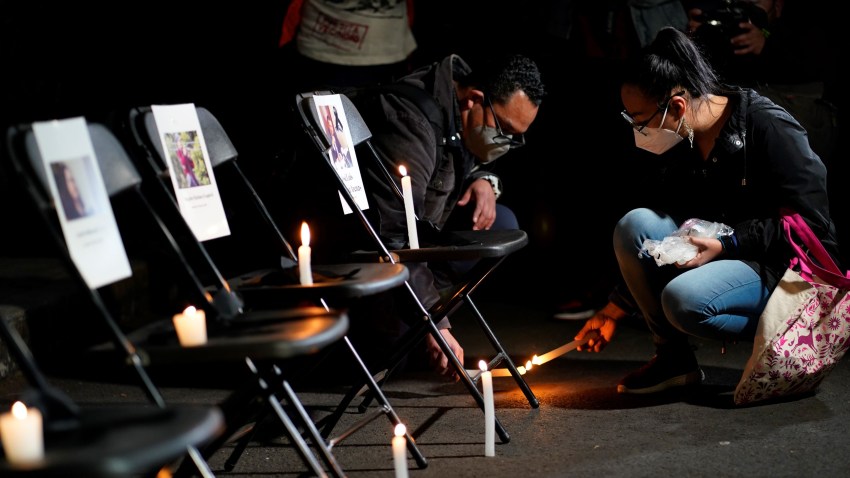As a region, Latin America and the Caribbean is home to only 8 percent of the global population, but saw 37 percent of the world’s homicides in 2017. Whereas the global average is 6.1 murders per 100,000 people, the average in the Americas is almost three times that. In countries like Colombia, Jamaica, Mexico and others across the region, violence is often assumed to be a foregone conclusion of the illicit drug trade. This mythification of the “Escobars,” “Chapos” and other “narcos,” however, has obscured the various forms of violence perpetrated by state actors that, under the guise of improving security conditions purportedly eroded by drug traffickers, further victimize the populations they are supposed to—and allege to—protect.
In some instances, egregious human rights violations by state actors have made international headlines. The past two decades alone have given us the missing 43 students from Ayotzinapa in Mexico, the “false positives” scandal in Colombia and El Salvador’s hardline approaches against suspected gang members. And while the Argentinian and Chilean dictatorships of the 1970s and 1980s did not broadcast their atrocities on Twitter, as Salvadoran President Nayib Bukele is fond of doing, repression as an instrument of the state has a long-standing history in the region.
Indeed, when it comes to the actions of state actors in the region, there is a pervasive opacity and lack of accountability. In September, a report by a truth commission set up by the Mexican government to investigate Ayotzinapa found that the state had been involved in the disappearances of the 43 students eight years before. Yet, despite assurances by politicians, an Interdisciplinary Group of Independent Experts and the creation of a Special Investigation and Litigation Unit, the families of the missing still await justice. And in Colombia it was only last spring, more than a decade after investigations began, that former members of the Colombian armed forces explicitly detailed how they planted weapons on the bodies of civilian victims they had killed in cold blood, to make them appear to be FARC guerillas killed in combat that never happened.

